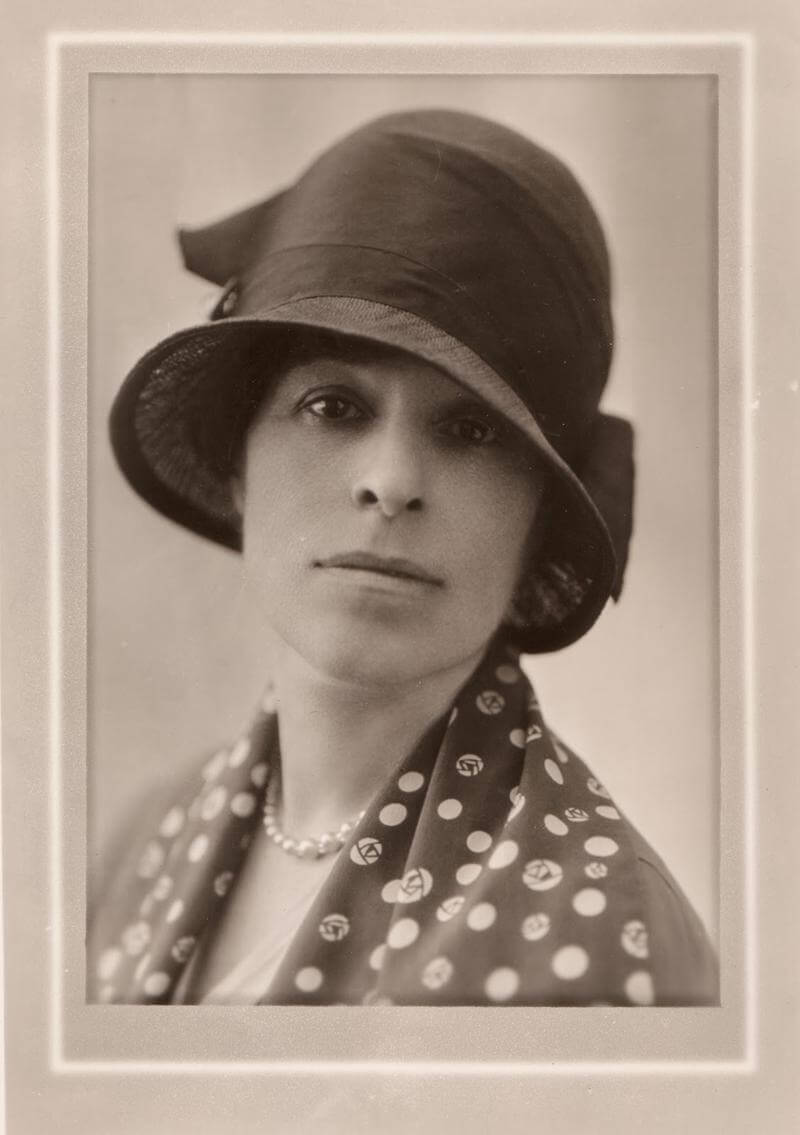Eva Whiting White
Eva Whiting White was Director of the Elizabeth Peabody House for nearly 3 decades from 1922 to 1950.
Eva Whiting White was born in 1885 to Marie Emma Whiting and Frederick Herbert in Webster, Massachusetts. In 1902, she married Wesley Dunn Allen White, but she became a widow soon after. Despite that tragedy, Eva attended and graduated from the Boston School for Social Workers, the first woman to do so. The School offered opportunities to women, yet reinforced gendered inequalities: men who graduated received a Harvard degree, and women received a Simmons degree. But since its first students arrived in 1904, the Boston School for Social Workers was the first to offer social work as a degree in the United States. It later became the Simmons College School of Social Work, and White became its dean.
White’s connection to the West End began with her leadership of the Elizabeth Peabody House as its “Headworker,” or director. The Peabody House was founded after Elizabeth Peabody’s death in 1894 to honor her legacy in early childhood education, and primarily operated as a settlement house for immigrant families. She ran the settlement house from 1909 to 1944, and lectured to social work students at Bryn Mawr College (from 1917 to 1929) and Simmons (until 1950). White’s directorship of the Peabody House coincided with its expansion in 1910, with a new seven-story building facing the Charles River, with a library, gym, kindergarten, and community theater. The generosity and community of the West End, and Boston at large, made White’s initiatives in social work, housing access, assistance for immigrants, and education possible. In a chapter White contributed to the Boston Tercentenary Commission’s “Fifty Years of Boston” book in 1930, she wrote about how the culture of Boston provided unique opportunities for the emergence of social work: “The Boston spirit is, at least, not poor in the sense of social responsibility; and the occupations and what is called the social standing of the donors have been as various as the objects of their generosity.”
In addition to directing the Peabody House, White was very active in civic life. She served on the Boston Board of Public Welfare from 1925 to 1947, as well as the Advisory Board of the Americanization and Immigration Division of the Massachusetts Department of Education from 1927 to 1950. White was also the president of the Women’s Educational and Industrial Union of Boston from 1929 to 1952, and worked in the Boston Housing Authority and Boston Tercentenary Commission. White retired from public service in 1953 and died in 1974.








